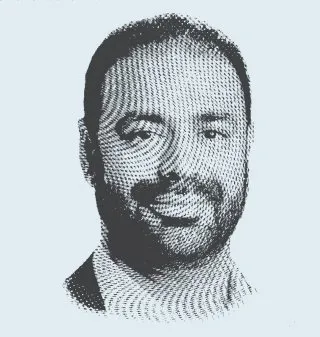When trust collapses, what can hold a nation together? A shared history? A common language? The unavoidable interconnections that come from living in close proximity? Or nothing at all?
This question weighs heavily on American life. It hangs over the biggest issues of the day: our fractured politics and government, the rise of artificial intelligence, the culture wars raging in businesses and schools, the existential threats of climate change and disease.
True, we’ve been living through a crisis of trust for some time. Bright spots may appear here and there. (See: the military and small business.) And world-shaking events may have periodically scrambled our feelings about specific institutions; the earliest days of the Covid pandemic, for example, briefly boosted our belief in science and medicine. But widen the aperture, and the overall picture is unmistakable: The trend line goes in one direction — down.
Now, as the US approaches an election that is, in some sense, a referendum on our faith in democracy itself, the question of trust feels increasingly urgent. How did Americans lose our faith in the integrity of our most cherished and important institutions? And more urgent still: How can we restore it?
When confronted with a thorny problem, Bloomberg Opinion always turns to the data. But trust is slippery in that respect — there are no hard numbers to grab onto as we might when tracking, say, GDP or unemployment. Instead, we’re left with sentiment. And as any good pollster will tell you, theirs is an imperfect science. Surveys help take the public temperature (and track its changes over the decades) but tell us little about the forces undermining public trust and even less about what might rebuild it.
In this series, we’ll dig into both. Our columnists turned to experts, history, and their own deep knowledge of American institutions to pinpoint the causes of disillusionment and chart a path forward.
Some themes surface repeatedly in our reporting. The internet and all it unleashed (particularly social media and now artificial intelligence) is a critical part of the trust puzzle. The democratization of information has made people less dependent on institutions and elites. But it also shattered the frame that formed our shared picture of reality.
Another drumbeat is the country’s growing political polarization, which automatically puts anyone from “the other side” on enemy territory. The evolution of the economy has played into that division by minting new groups of winners and losers and creating segments of society with little reason to trust those who’ve left them in the dust.
What we learned is surprising, often scary, and sometimes even hopeful. We believe it will leave you with a richer understanding of why we find ourselves suspicious, divided and uncertain about our future — and how we might start to repair the damage that’s been done.
Bloomberg












